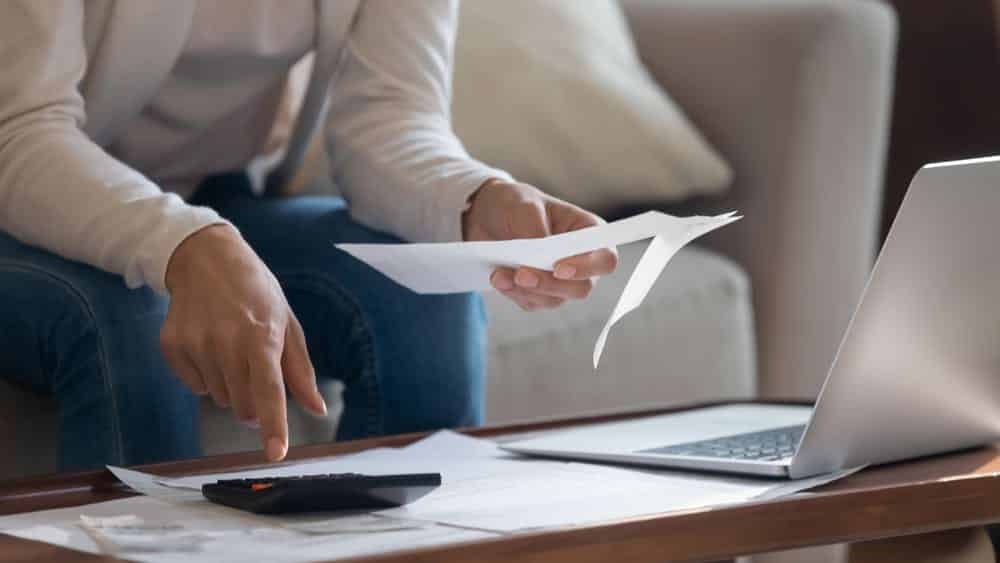Service charge is a fee for leasehold properties, including most types of flat.
Freeholders charge it to look after land and shared areas.
Unfortunately, this annual fee will sometimes increase.
So it’s helpful to know what a reasonable service charge is.
Read on to find out.
What causes an increase in service charges?
Freeholders set service charge prices. So, the fee goes up when they say so.
This can be for several different reasons.
The most common explanation is that the cost of maintaining the land, property, and shared areas has increased. This may be due to:
- Electric, gas or water price increases
- A higher number of properties on the land
- Extra amenities and perks in the shared area
- Foundation or roof issues
- Insurance going up
- The professionals hired to maintain the land increase their fees
- Condition of the building.
Most freeholders also increase service charges in line with inflation.
In share of freehold properties, residents collectively agree on the cost and spending (including procurement) of service charges.
What is a ‘reasonable’ increase in service charge?
Many freeholders increase service charges in line with inflation.
You should thus research what this is in the United Kingdom when it happens.
For instance, inflation over the past year is 3.5% at the time of writing.
So, increasing service charges by this amount may be fair if their costs have increased.
Ask freeholder
You could directly ask your freeholder or landlord to justify their increase in service charge.
What is a reasonable service charge on a flat?
The average service charge in the UK is £1,500 per year. This number goes up to £2,000 in London.
You should research the typical service charge prices in your local area.
It may be worth speaking to nearby leaseholders willing to share what they pay. Estate agents could also guide you.
Remember that it’s not only impacted by your location but also the size of the development and the level of service you get.
Is it against the law to increase service charge?
There is no law limiting how much a landlord can increase service charges.
This means your hands may be slightly tied. Unless you can prove your freeholder is being unreasonable.
How often can service charges be increased?
Your service charge payment is made once per year. Many freeholders allow residents to pay this in monthly instalments.
The amount charged is outlined in the lease.
(Remember, it’s a separate charge to ground rent, which is much lower.)
How to appeal an increase in service charge
Your freeholder is allowed to make any changes to service charges that are considered reasonable.
If you disagree with them, you can challenge them.
Initial contact with freeholder
Your first step is to contact the freeholder. Put your thoughts in writing about why the change is unjust. Be polite and respectful.
Third-party organisations
Contact the ‘First-tier Tribunal’ (Property Chamber) in England if you fail to get anywhere.
This is the Leasehold Valuation Tribunal in Wales.
This involves completing a form, paying a fee, giving a copy of your lease, and explaining the details of the service charge you’re paying.
If your service charge payment is fixed, you can’t complain to the first-tier tribunal. It only applies when the amount varies.
Legal advice
It may be worth speaking to a solicitor if you’re still unhappy. They can advise on whether something can be done.
Is it against the law to increase service charge?
There is no law limiting how much a freeholder can increase service charges.
This means your hands may be slightly tied. Unless you can prove your freeholder is being unreasonable.
Can I see the freeholder’s history of service charge increases when buying?
You can ask for details about the current service charge payments. This includes:
- How much it is
- How often it’s paid
- What’s provided for this amount.
You’ll often be able to get a summary of service charge payments on the property. This might display how it’s gone up over the years.
Can you view the freeholder’s broader property portfolio?
You don’t have the right to see details from the freeholder’s broader portfolio (i.e. properties unrelated to yours).
Be aware of your property’s outstanding service charges
You should also ensure that you find out about any possible outstanding service charges.
If these aren’t sorted before you buy, you may have to pay them yourself.










